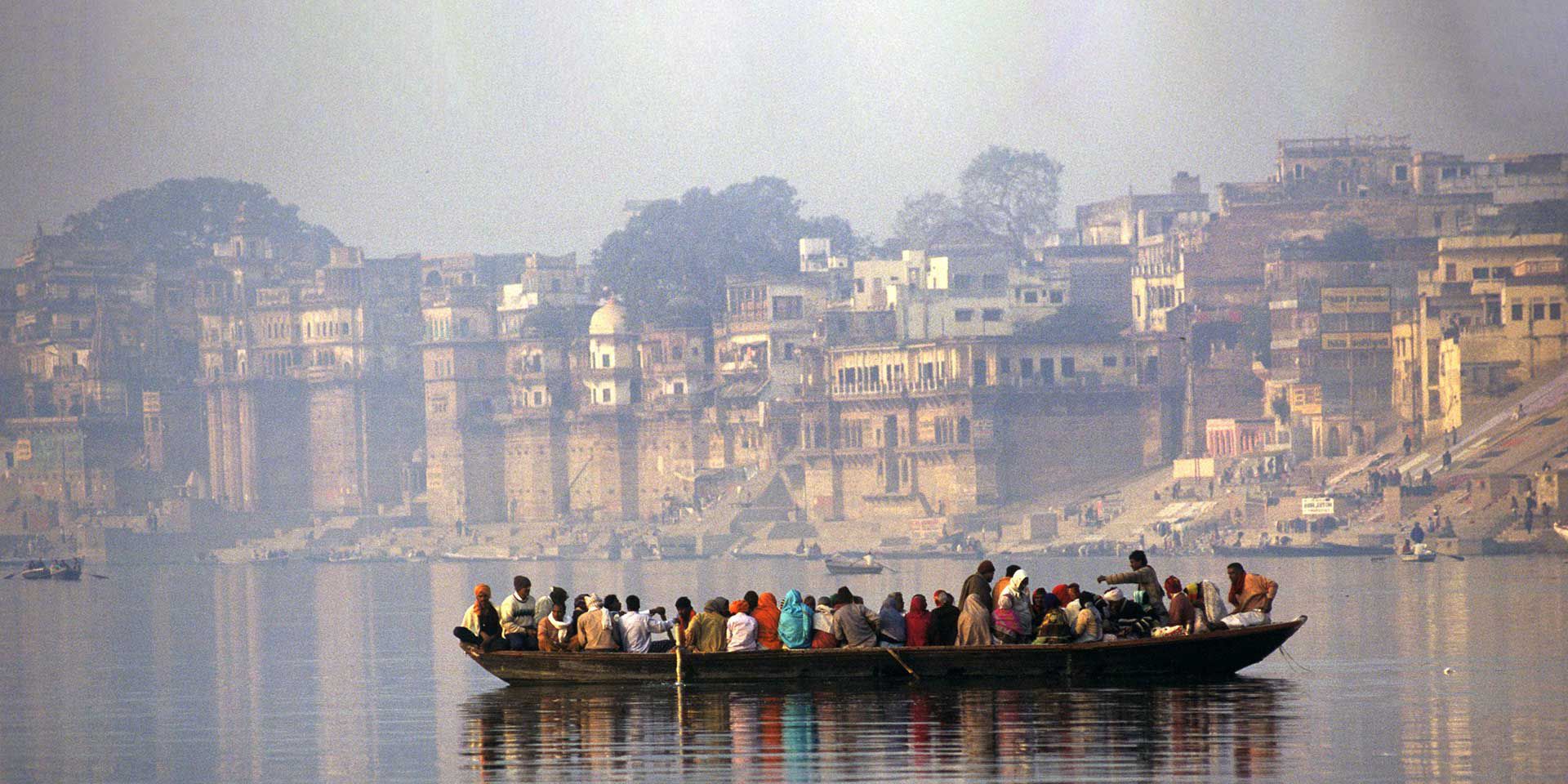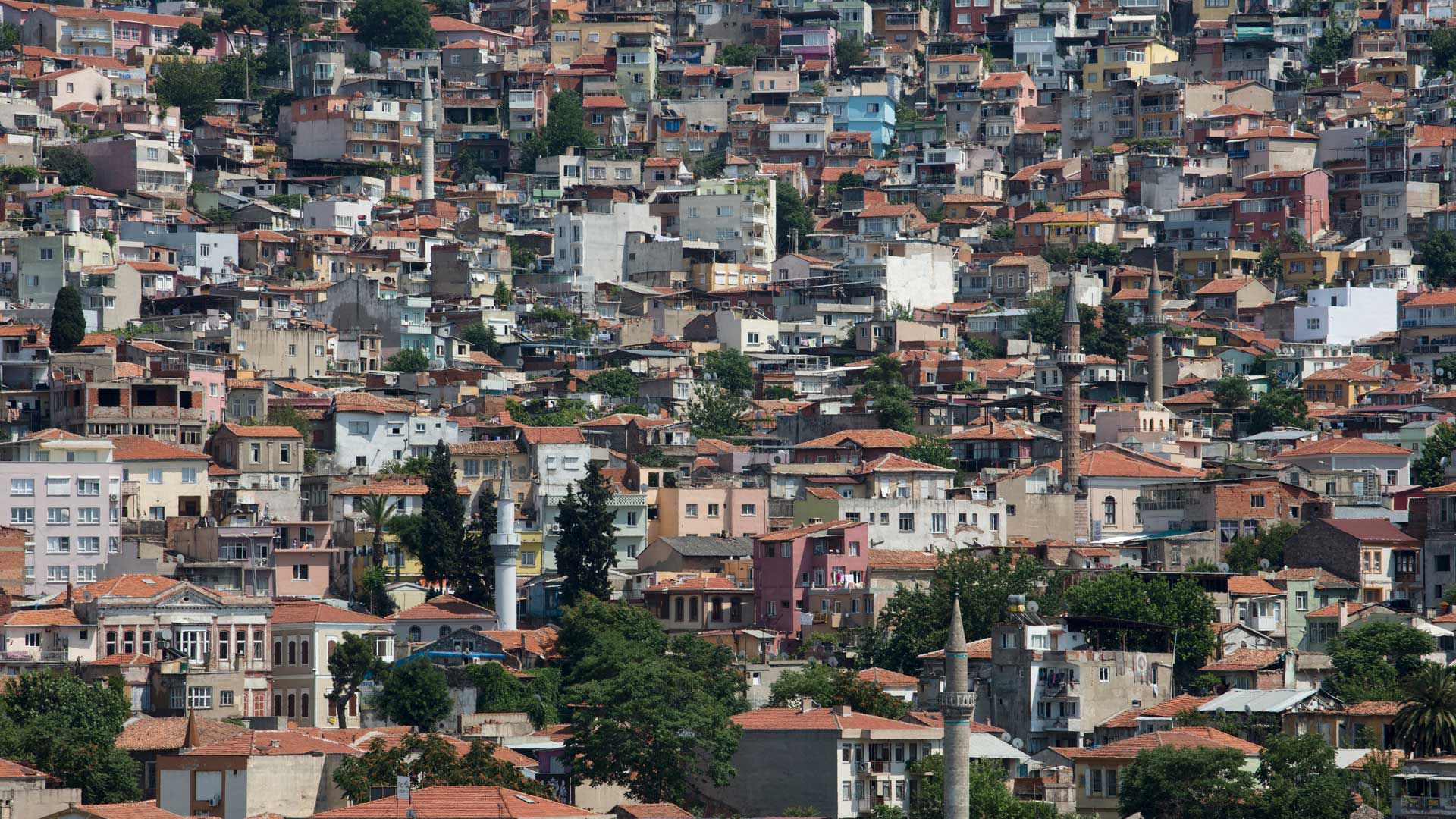Every city wants to be recognized for its unique characteristics and the opportunities it offers families, visitors, and new enterprises. Varanasi, often called the spiritual capital of India, is renowned for its distinguished history. Founded around 3,000 years ago, it always tops roundups of the world’s oldest cities. Over 2,000 temples line its winding streets, attracting tourists and pilgrims from across the country and around the globe.
But pollution has taken a toll on the city. Millions of liters of untreated sewage are discharged into the Ganges River every day, harming the vast ecosystem that depends on this ancient body of water for survival, and diminishing millions of peoples’ health and quality of life.
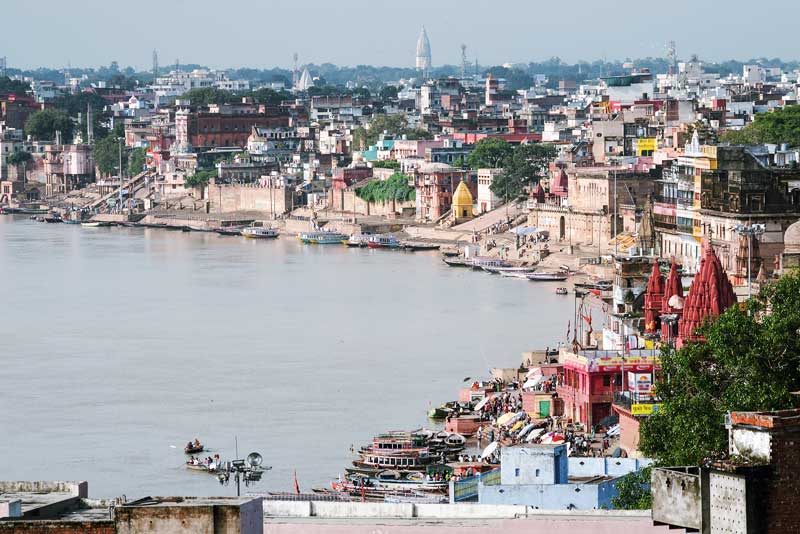
India’s national and Varanasi city leaders are now working with the private sector to help the city regain its splendor—and secure a sustainable future. The strategy includes an innovative public-private partnership (PPP) model designed by IFC to build and operate new sewage treatment plants and rehabilitate infrastructure. These plants—along with others being developed in the Indian cities of Haridwar and Mathura—will process 200 million liters of sewage per day, improving the lives of about 3.6 million people who live in these three cities.
Cities’ growth also puts a strain on infrastructure. Not only are new facilities required, but the upkeep and maintenance to existing infrastructure cannot be neglected, raising the total investment needed in the sector to about $40 billion between 2005 and 2030. Increased traffic congestion and unchecked construction add other problems: cities are soon expected to account for 80 percent of the world’s carbon emissions and 75 percent of its energy consumption.
To help municipal officials meet the requirements of urban residents and businesses for generations to come, IFC stresses strategies that go beyond individual transactions. We create markets for private investment and other private solutions for urban infrastructure. These topics are being discussed at this year’s Annual Meetings taking place in Bali, Indonesia.
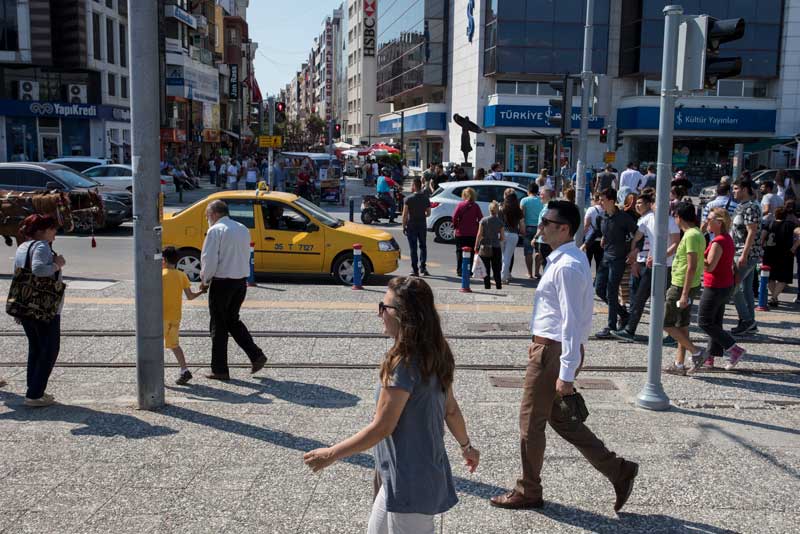
Partnerships Across the World
In the densely populated capital city of Manila, for example, IFC has supported the local government in designing a PPP to upgrade, operate, and expand the city’s light-rail transit line. Since it became operational in 1984, underinvestment took a toll on the system: infrastructure was deteriorating, the train fleet was shrinking, and safety became an urgent concern for the line, which was carrying half a million passengers a day by 2014.
To accommodate growing demand for transportation, IFC formulated the PPP transaction structure, prepared the concession agreement, and helped the government select a private concessionaire through a competitive and transparent process to operate the system. Ultimately, this will benefit over 1 million passengers per day.
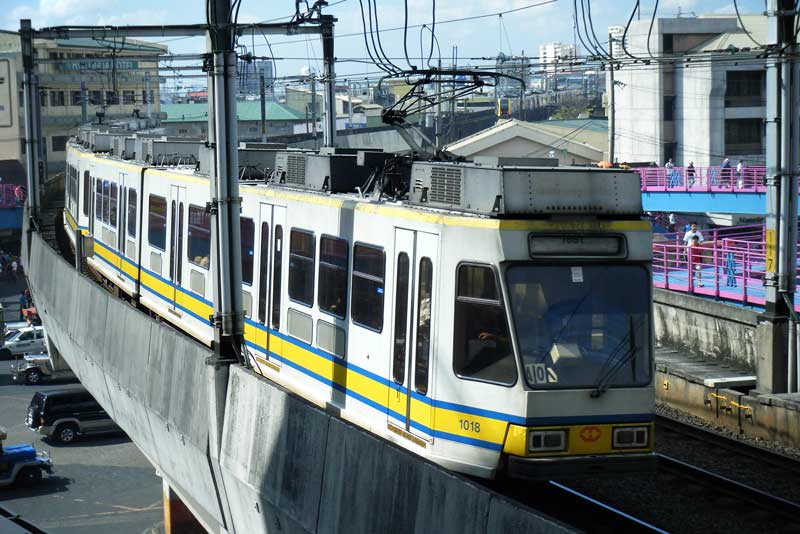
In Turkey—where 75 percent of the population now lives in cities, compared with 25 percent in 1950—IFC is working with several municipalities including Izmir, the third-largest city in the country. Here, IFC provided financial and advisory support to help municipal authorities close service gaps in urban transport, water, wastewater, and solid waste management.
With IFC’s backing, Izmir was able to move from being dependent on public funds for 70 percent of its financing 10 years ago to being able to raise more than 70 percent of its financing from IFC and commercial lenders. This significantly increased the city’s autonomy and freed up scarce government funds.
Empowering Cities
Successes in Izmir demonstrate how to address key urban challenges such as improving mobility and adopting “circular economy” concepts, like the recovery and recycling of sludge using renewable energy, and its reuse as a valuable input for other economic activities.
IFC continues to examine these and similar efforts to empower municipal governments as their constituencies grow, public resources shrink, the use of technology expands, and the impact of extreme climate events makes cities more vulnerable. In the process, urban areas can become more livable, climate-friendly, and business-ready—and cities like Varanasi can become known for their future as well as their past.
Join the conversation: #IFCimpact
Published in October 2018
